attles have been fought over SAP Performance for years and with HANA as the relatively new kid on the old SAP block, there's bound to be comparisons, as well as jibs and jabs between leading contenders. We're here to provide the stats to help judge this battle and today's fight is between two of the leading contenders, SAP HANA and Oracle. We didn't set up this fight, it was already staged by one of our customers (anonymized for privacy reason) who chose us to monitor the battle. Disclaimer: this fight may not be absolutely fair but we deem the battleground and conditions are reasonable, though not scientifically equal, just like when Boxing champion Mayweather boxed against Mixed Martial Artist McGregor. We'll present the stats so you make your own judgment, and since a picture is worth a thousand words, there's no point describing the fight - just show it!
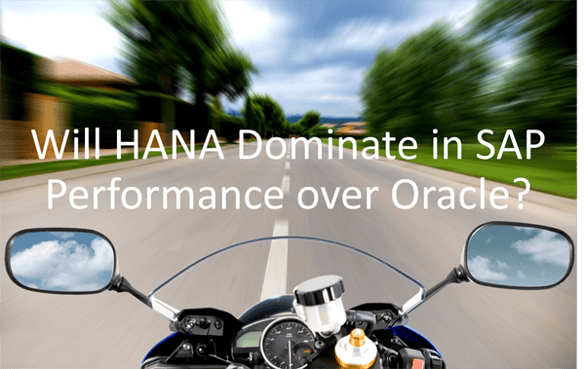
The Battleground
Contender #1 Oracle
- Oracle 11gR2
- Multi-terabyte database
- HP-UX
- ~500 active SAP dialog users
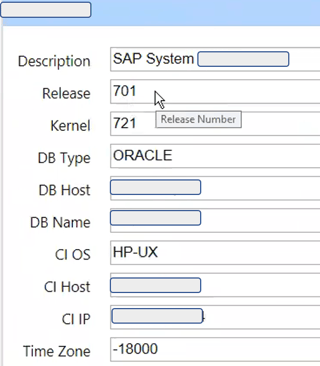
Contender #2 HANA
- SAP HANA 1.0 SP12
- 4 TB Appliance
- Linux on x64
- ~500 active SAP dialog users
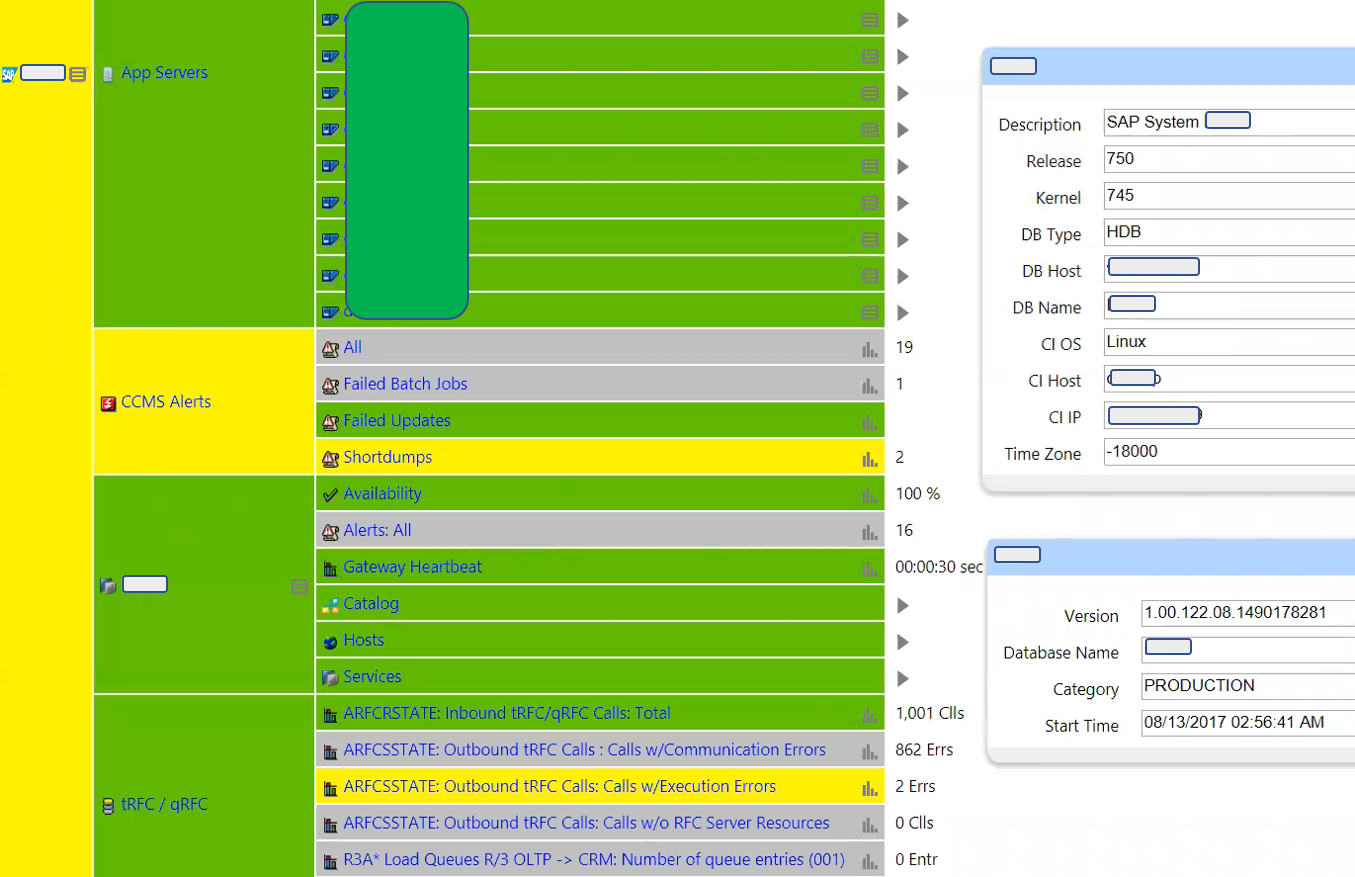
Round 1 - SAP Performance Overview
Oracle
- There were multiple app servers with large response times and noticeable paging
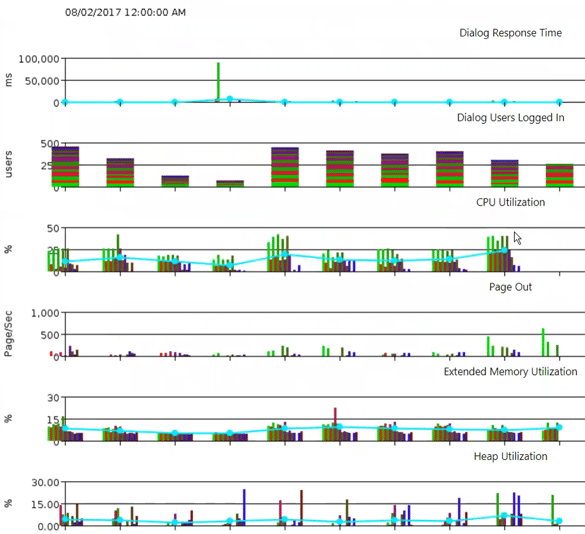
HANA
- Overall performance was steady without large outliers
- OS paging were non-existent even with comparable usage of SAP extended and heap memory utilization
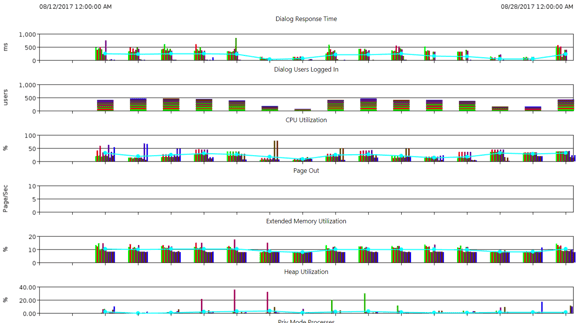
- HANA IO, Memory, and Service performance
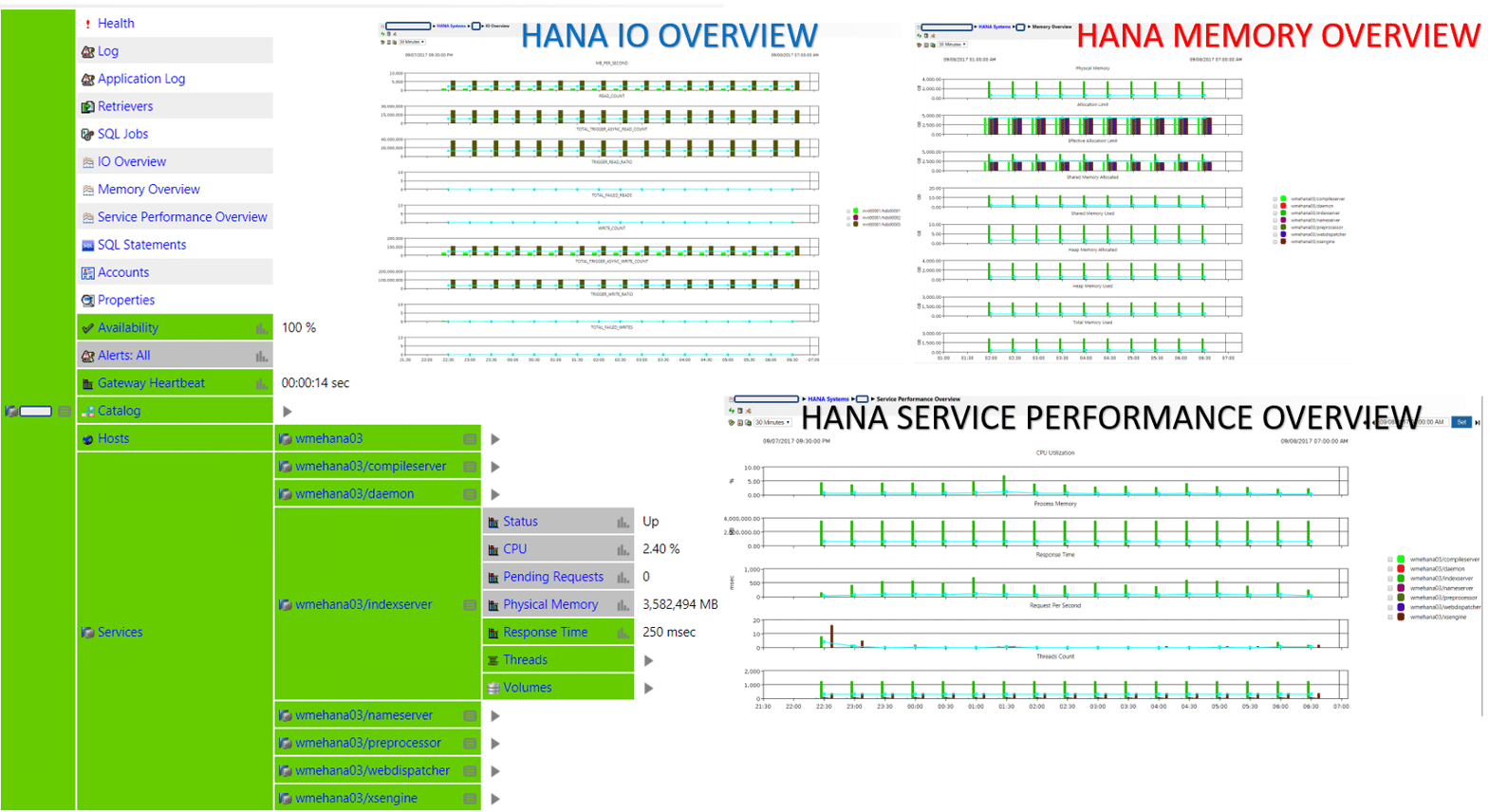
Round 2 - SAP Dialog Response Times
Oracle
Response Time Chart
- Dialog response times averages per app server ranges from 100 - 2100 ms
- We had to exclude a couple of app servers from the count due to some of their very high outliers in the 15+ secs ranges.
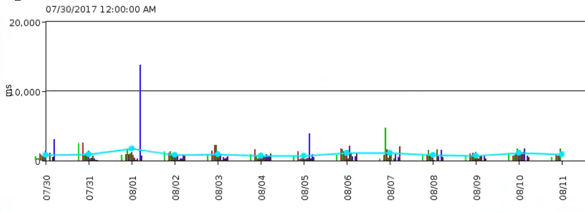
Response Time Table
- Dialog response times average across all app server came in at about 1000 ms, already excluding some high outliers
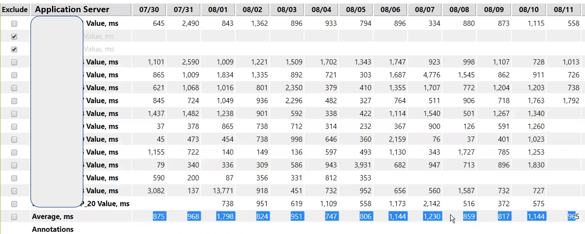
Dialog Users on Oracle
- Logon active dialog users peaked mid-week around 500 users, comparable to HANA

HANA
Response Time Chart
- Dialog response times averages per app server ranges from 100 - 800 ms

Response Time Table
- Dialog response times averages across all app server came in at a low of 180 ms

Dialog Users on HANA
- Logon active dialog users peaked mid-week around 500 users, comparable to Oracle

Round 3 - The Unfair Advantages
Oracle
- Years of stabilization and optimization
- Well understood platform and operations (aka experience)
HANA
- New hardware
- Database cleanup of large tables before migration
- In-memory smaller physical data footprint, check out the schema size below 1.8 TB of the SAPERP schema compared to at least 7 TB in Oracle
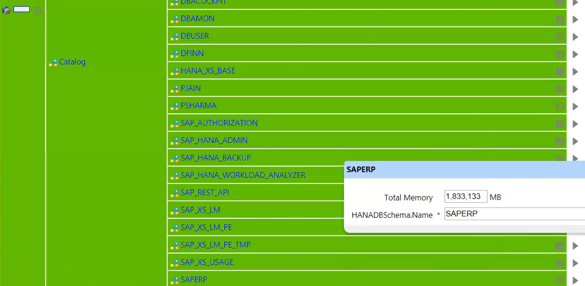
Round 4 - TKO
Regardless of how we slice and dice the stats, the winner in a Technical Knock-Out is going to be the target platform which the customer chose to migrate to, in this case it was HANA. There are many other areas we could have drilled in further to analyze and compare if the fight was a close call, but they were not needed as overall performance difference was already clear. Further analysis can include:
- SAP process utilization for different services such as Dialog, Batch, Update1/2, Enqueue
- Database IO, Memory, Service Performance and Cache
- OS resource utilization
- IO resource utilization
Summary
The results above does not mean an upgrade or technology refresh on the same platform with cleanup and optimization won't gain similar performance boost, see Crucial SAP Performance Monitoring Tips for Upgrade and Migration. Too many times we have seen battles won and later victories and fortunes reversed. The best way to keep on winning is to maintain the health and fitness in top shape using SAP Performance Best Practices, so that future battles can be won again and again. In SAP performance terms, this requires proactive SAP monitoring and SAP performance management. With IT-Conductor monitoring of vitals on both platforms covering Availability, Alerts, and Performance Analytics, the migration went smooth and this comparison was made easy and objective.
Want quick and easy monitoring and analysis of your SAP Operations, Upgrades and Migrations?